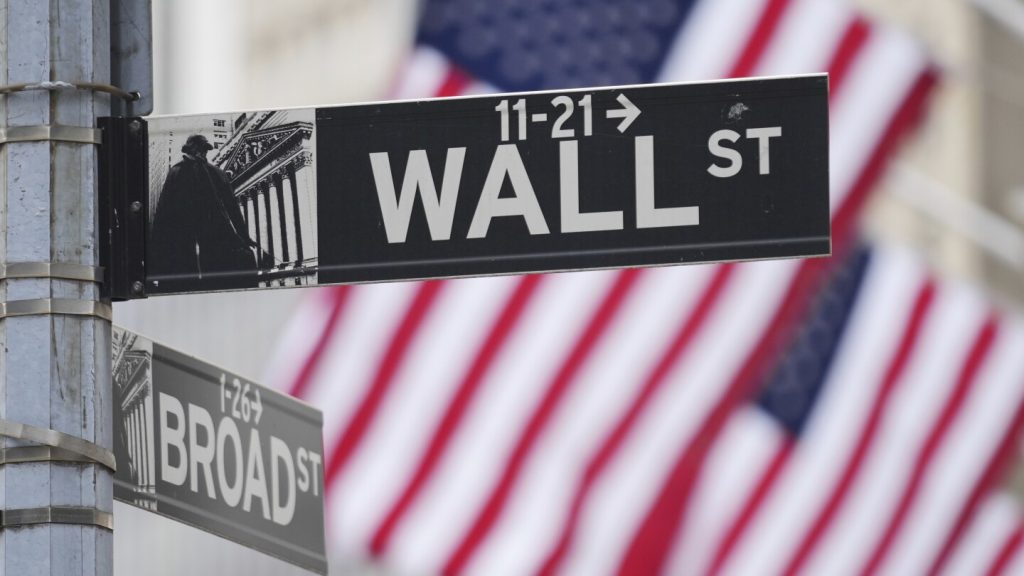Market Decline Following Tariff Announcements
BANGKOK (AP) — Asian markets and U.S. futures experienced significant declines on Thursday after U.S. President Donald Trump revealed substantial increases in tariffs on global imports.
The Nikkei 225 in Tokyo initially dropped over 4% but rebounded slightly, eventually closing down 2.9% at 34,675.97. Trump announced a 24% “reciprocal tariff” on Japan, which is among the U.S.’s closest allies.
South Korea, another ally, faced a 25% tariff, resulting in a 1.5% decline of the benchmark Kospi to 2,468.97. Hong Kong’s Hang Seng index fell 1.4% to 22,887.03, while the Shanghai Composite index decreased by less than 0.1%, settling at 3,348.67.
Yeap Junrong of IG commented that the tariff announcement was a “major shock.” A particularly heavy toll was taken on China, which is now subjected to an additional 34% tariff, raising its total tariff burden to 64% considering previous measures. However, expectations for further economic stimulus from Beijing may mitigate some losses.
In Australia, the S&P/ASX 200 decreased by 1.3% to 7,830.30. Futures for the S&P 500 fell by 3%, and those for the Dow Jones Industrial Average dropped by 2%, indicating potential losses when U.S. markets reopen.
Wednesday’s U.S. market traded wildly before Trump announced his “Liberation Day” tariffs. The S&P 500 rose by 0.7% to 5,670.97, oscillating between significant losses and gains throughout the day.
Elon Musk’s Tesla played a significant role in market volatility after initially plummeting over 6% on reports of lower electric vehicle deliveries in the first quarter, but it ultimately closed up 5.3%. Newsmax saw its share price drop 77.5% after massive gains earlier in the week, while several airlines recovered somewhat with United Airlines climbing 4.6% as concerns about customer travel emerged due to tariffs. Global financial markets have been unstable recently due to uncertainty around Trump’s trade policies, which present risks to economic growth and inflation targeting.



